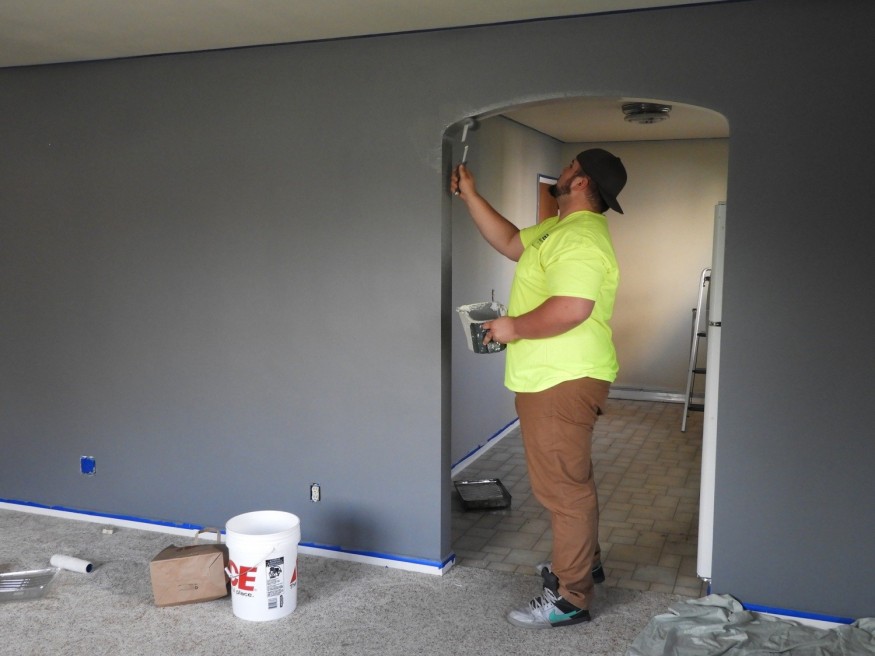
Getting started on a home renovation project is an exciting venture, but it can quickly become overwhelming if not approached carefully. From budget overruns to design mismatches, the potential pitfalls are numerous.
In this guide, we highlight five common home renovation mistakes to avoid, to ensure your project goes as smoothly and successfully as possible.
1. Underestimating costs
One of the most common mistakes is underestimating the cost of renovation. It's crucial to set a realistic budget that includes a buffer for unforeseen expenses. Costs can escalate due to various factors like structural surprises, changes in plans, or higher material costs.
When planning for a renovation, ensure you make provisions for at least 20% over your budget for contingencies to help manage these unexpected expenses without derailing the project.
If you are working on a limited budget, it is better to spend it on essential items like flooring and plumbing. Additionally, we do not recommend compromising on the quality of materials to save on budget.
2. Overlooking function for form
While aesthetics are important, functionality should never be compromised. Prioritize renovations that enhance the usability and comfort of your space. For instance, a beautiful kitchen remodel loses its appeal if it lacks sufficient storage or a practical layout. Always consider the balance between style and practicality.
3. Performing DIY projects
Do-it-yourself projects can be fulfilling and cost-effective, but knowing your limits is essential in ensuring it will not lead to expensive mistakes. Overestimating your DIY skills can lead to structural, mechanical, electrical, or plumbing damage. Your DIV efforts could also void the warranty of products that require professionals to install.
For complex tasks like electrical work, plumbing, or structural changes, we advise hiring professionals.
4. Neglecting permits and regulations
Many homeowners skip the step of obtaining necessary permits, which can lead to legal issues and complications in future sales. Permits ensure that renovations meet local building codes and safety standards.
Always check with your local building authority about the required permits for your renovation project. If you've hired a contractor, they would be able to help you find information on permits.
5. Failing to stick to the schedule
Scheduling is an important part of the renovation process. At the start of every renovation project, you and the contractor will agree on a project timeline. It is critical to keep that schedule on track to avoid spending more time and money than originally planned.



